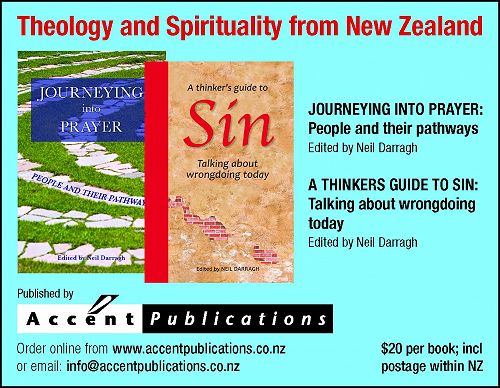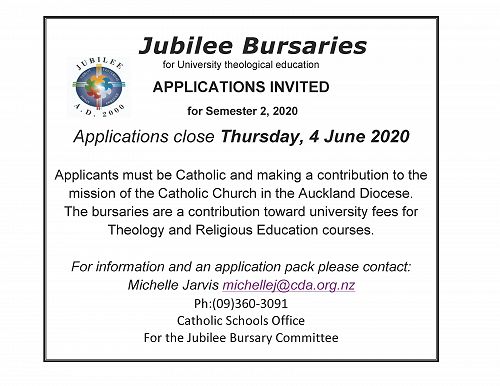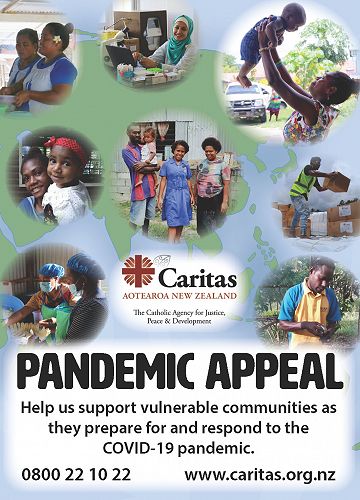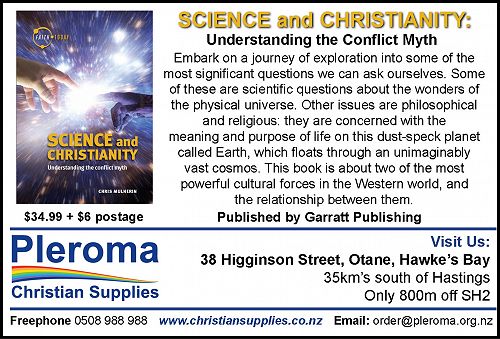
ARTICLE: Being Ready to Go
Alofa Lale reflects on her parents' last months and their deaths.
Over the years I have conducted over 100 funerals. But no matter how many funerals you lead or attend, nothing prepares you for the death of your own parents.
My Mum, Galumalemana Vaotupuosamoa Ta’ase (née Fuataga), was a teacher. She arrived in New Zealand from Samoa in 1959 at just 21 years old. Mum believed she was coming to the land of milk and honey, the land of opportunity. She married Dad when she was 23 years old. Mum worked a variety of jobs and was a stay-at home mum to four kids. After doing a one-year Teacher Training refresher course Mum began teaching in 1977. Straight after retiring from teaching in 2000, Mum was diagnosed with stage 4 ovarian cancer. After treatment — a radical hysterectomy followed by radiotherapy — her cancer remained in remission until early February 2013 when it had come back.
Mum stayed in her home until the pain became too great to bear and she needed further intervention. A litany of professionals came in and out of her hospital room: nurses, oncologists, physiotherapists, social workers. I remember the oncologist telling Mum that a sizeable cancerous mass was pressing on her spinal cord. They hoped that chemotherapy would shrink the mass, which would relieve the pressure and the pain.
The oncologist said that the chemotherapy would have side effects and he began listing them. Mum asked: “Will this save my life?” He explained that the treatment would not save her life — only prolong it. My mum then held the doctor’s hand and said: “No thank you. I am ready to go. I want to spend the time I have left with my family.”
It was on the tip of my tongue to argue with Mum, to say: “No, you’re having chemo.” I desperately wanted her to stay with us for as long as possible. But when I looked at Mum’s face she was so calm and peaceful. So instead of protesting we all just cried. We were told that Mum had just weeks to live.
On the 29 May 2013 Mum took her last breath. The weeks before she died our whole family spent precious time with her singing and laughing. She was still growling us kids and we were still running around doing her jobs. The grandkids spent time with her; family from Samoa came over to visit. Our Church family came to say prayers and sing and laugh with her. We had time for reconciliation, forgiveness and weeping. There were times when Mum was struggling before her death. Even in life Mum had many struggles — so why would we expect this time to be any different? But though Mum struggled she did not suffer. She had no pain. She was at peace. Mum’s death with loved ones around her was a final breath of life, a release, a letting go to let God take over.
My Dad Letoa Levine Ta’ase took his first breath on the 4 September 1929 and on the 10 August 2017 he took his last. Dad wanted to live to 100 and many of those who knew him expected that he would. He never took life for granted. To him life was a gift to be lived — every single day was a gift from God.
When Dad had a mini stroke we all assumed he would get better. But as time went on the little, spritely man, who used to be up with the birds and shuffling past my room in the mornings to make his cup of tea, grew weak and frail. He struggled to swallow so was only drinking. He kept on reading his Bible and singing and playing the ukulele. We all tried to stay positive and upbeat. Dad talked about his 88th birthday coming up and that there was no reason why he couldn’t make it to 90.
But the doctors were now saying that Dad was not making progress and that we ought to start thinking of where he could go after the hospital. We had always thought he would be coming home. A month after Dad went into hospital we were taking him to a rest home facility that would provide him with the care he needed for the rest of his life. Three days later Dad died.
A couple of weeks earlier I had been with him at the hospital late in the evening. It was pitch black outside and we had turned off the lights. Only the corridor lights lit the room. Dad said in Samoan: “Ua ou fia malolo” (I want to rest). I said: “Of course Dad, you rest. I will sleep here.” Then Dad said again: “Ua ou fia malolo.” Then I knew he meant he was ready to go.
A week later I was with him again late in the evening, in a darkened room, and Dad said: “Ua ou faalogo i upu” (I have heard the words). I asked: “What words, Dad?” Dad said: “Le auauna lelei ia, ulufale mai ia i le fiafia o lou alii” (Well done, good and faithful servant, enter into the joy of the Lord.) And when Dad said this I wept, because I knew that though he was ready, I wasn’t.
It was 7 August when my dad went into the rest home. The staff were doing their best to get him up, fed, dressed and sitting up in a chair. All Dad wanted was to lie in bed and go to sleep but best practice for his care meant that he should be pushed to get up and be alert. On 9 August I told the staff that my Dad was ready to go — he was dying and that we needed to let him go.
One of the staff came to me and said with tears in her eyes: “I’m sorry. How would you like us to care for your dad?” I replied: “Just how you would care for your own Dad.” Dad had made peace with his Lord, he had his family around him and he knew where he was going. He was ready.
The night before Dad died we were singing hymns in Samoan and he was in full voice. The next morning our minister arrived and Dad smiled. We prayed, the kids sang and we surrounded him with love. Dad’s last breath was giving up his life, a release, a letting go to let God take over.
Rest in peace Mum and Dad. Rest in peace.
Alofa Lale is a Presbyterian Minister and the Mission Coordinator at Mercy Hospital in Dunedin.
Tui Motu Magazine. Issue 248 May 2020
Gallery




